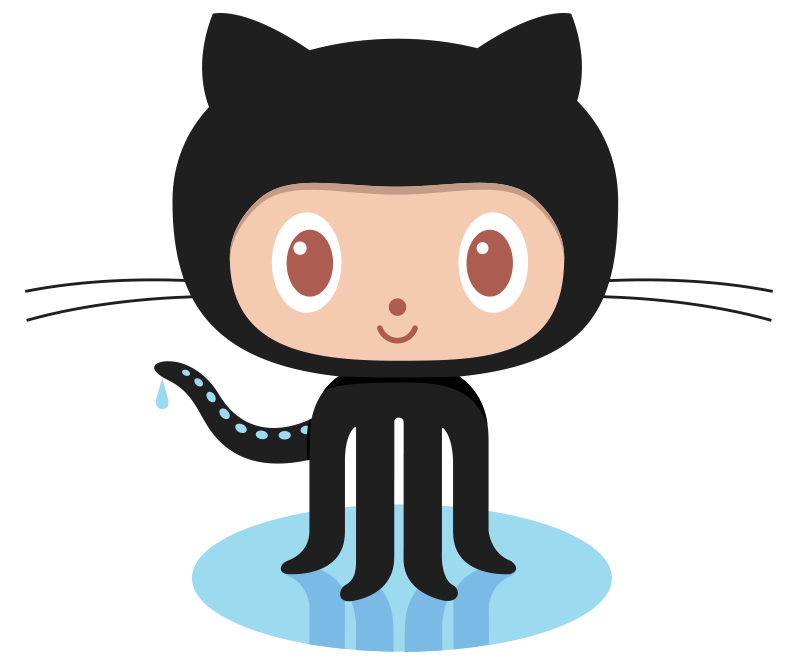Is Cloned Code Really Stable?
Published:
Manishankar Mondal, Md Saidur Rahman, Chanchal K. Roy and Kevin A. Schneider, "Is cloned code really stable?", Empirical Software Engineering (EMSE). 23(2), pp. 693-770, 2018. ![]()
![]()
Abstract
Clone has emerged as a controversial term in software engineering research and practice. The impact of clones is of great importance from software maintenance perspectives. Stability is a well investigated term in assessing the impacts of clones on software maintenance. If code clones appear to exhibit a higher instability (i.e., higher change-proneness) than non-cloned code, then we can expect that code clones require higher maintenance effort and cost than non-cloned code. A number of studies have been done on the comparative stability of cloned and non-cloned code. However, these studies could not come to a consensus. While some studies show that code clones are more stable than non-cloned code, the other studies provide empirical evidence of higher instability of code clones. The possible reasons behind these contradictory findings are that different studies investigated different aspects of stability using different clone detection tools on different subject systems using different experimental setups. Also, the subject systems were not of wide varieties. Emphasizing these issues (with several others mentioned in the motivation) we have conducted a comprehensive empirical study where we have - (i) implemented and investigated seven existing methodologies that explored different aspects of stability, (ii) used two clone detection tools (NiCad and CCFinderX) to implement each of these seven methodologies, and (iii) investigated the stability of three types (Type-1, Type-2, Type-3) of clones. Our investigation on 12 diverse subject systems covering three programming languages (Java, C, C#) with a list of 8 stability assessment metrics suggest that (i) cloned code is often more unstable (change-prone) than non-cloned code in the maintenance phase, (ii) both Type 1 and Type 3 clones appear to exhibit higher instability than Type 2 clones, (iii) clones in Java and C programming languages are more change-prone than the clones in C#, and (iv) changes to the clones in procedural programming languages seem to be more dispersed than the changes to the clones in object oriented languages. We also systematically replicated the original studies with their original settings and found mostly equivalent results as of the original studies. We believe that our findings are important for prioritizing code clones from management perspectives.

 Google Scholar
Google Scholar ResearchGate
ResearchGate DBLP
DBLP GitHub
GitHub